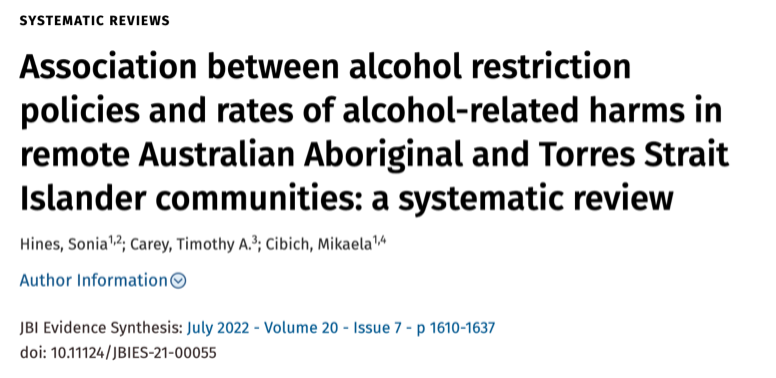PTSD rates are higher in Emergency First Responders (EFRs) compared to the general population. However, the role PTSD plays in the life of the EFR's family is missing from literature.
A new qualitative systematic review included 5 studies with rich qualitative data regarding the experience of family members of EFRs with PTSD. 

Qualitative research allows a more nuanced exploration of the effects on family members and
highlights risk factors.
highlights risk factors.
This review was limited by the small number of qualitative studies available and their methodological quality, but it does highlight a significant gap in knowledge and evidence base to develop effective programs and services for EFR families living with PTSD.
The limited findings show mental health and other functional family impacts, as well as an expressed
need for more support services to be available.
need for more support services to be available.
EFR members carry high levels of traumatic risk in their vocation, which has a ripple effect on family members potentially exposed to vicarious and secondary trauma. 

Ongoing research will allow a further deepened understanding around the experiences and nuances of specific cohorts of family members and carer roles, spouses, children, parents, and other family members.
Inclusion of EFR family members in decisions on design and provision of future research, models of care, and services for EFRs and their families will be key to gain a more comprehensive view.
Read more in qualitative systematic review 'Experiences and perceptions of family members of emergency first responders with post-
traumatic stress disorder' 👇
ow.ly/Nq5350Ol7pI
#JBIEBHC @karenlouisemay
traumatic stress disorder' 👇
ow.ly/Nq5350Ol7pI
#JBIEBHC @karenlouisemay

• • •
Missing some Tweet in this thread? You can try to
force a refresh

 Read on Twitter
Read on Twitter














